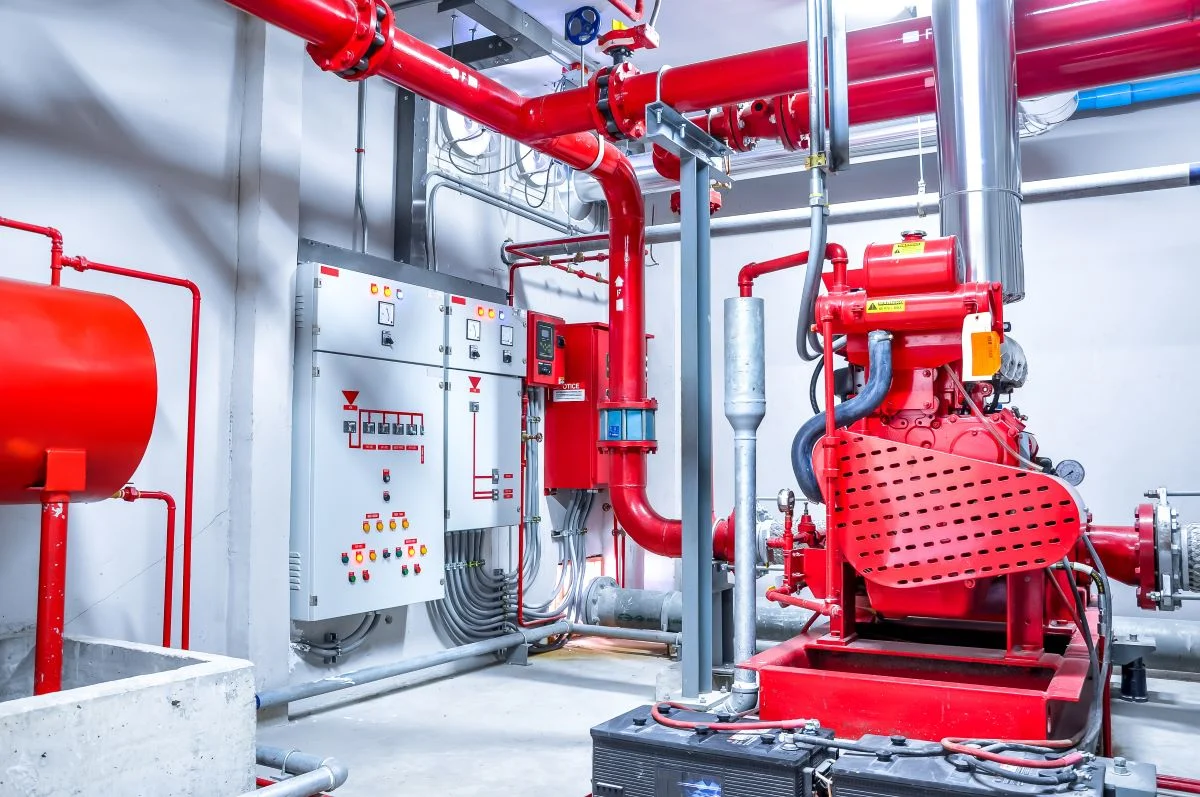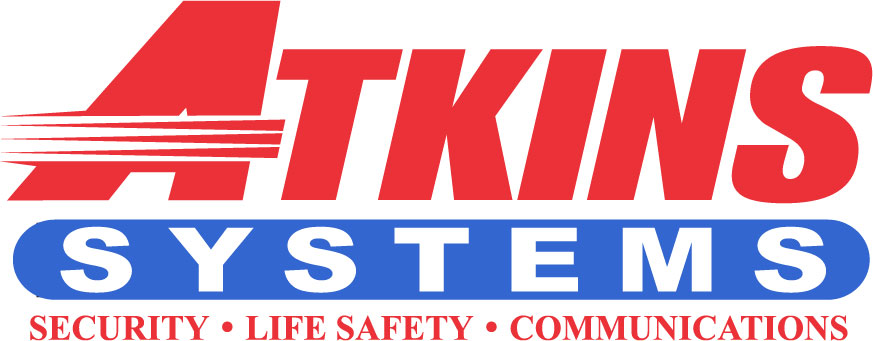
Home Security Steps You Should Take During the Holidays
Fire sprinkler systems are a critical component in safeguarding lives and properties from the devastating impacts of fires. Regular inspections and maintenance of these systems are not just a regulatory compliance issue, but they are fundamental to ensuring their functionality when they are most needed. In this article, we, at Atkins Systems, a leader in security and fire protection services in Canton, GA, delve into why regular inspections and maintenance of fire sprinkler systems are indispensable.
NFPA standards generally recommend that fire sprinkler systems be inspected quarterly, with a more comprehensive inspection annually.
While basic visual checks can be performed by property owners, it’s crucial that formal inspections and maintenance be conducted by licensed professionals.
Inspections typically include checking the system's water flow, pressure, valves, and pipes, as well as ensuring there are no obstructions to the sprinkler heads and that all components are in good working condition.
Common issues include pipe corrosion, blockages, leaks, and issues with sprinkler heads, such as damage or obstruction.
Maintenance is usually planned to minimize disruption. In most cases, it can be carried out without significant interference to daily activities within the building.
7 Reasons to Have Your Fire Sprinkler System Inspected and Maintained Regularly
1. Ensuring Reliability in Emergencies:
Proactive Safety: The primary purpose of a fire sprinkler system is to act immediately and effectively in case of a fire. Regular maintenance ensures that every component of the system is functioning correctly and is ready to operate during an emergency.
2. Compliance with Safety Regulations:
Staying Within Legal Frameworks: Regular inspections and maintenance of fire sprinkler systems are not just best practices; they are often mandated by law. Compliance with local fire codes and regulations ensures that your system meets the necessary safety standards and avoids potential legal issues.
3. Early Detection of Potential Problems:
Preventative Measures: Regular inspections can identify issues like corrosion, blockages, or leaks, which might compromise the system’s effectiveness. Early detection allows for timely repairs, ensuring the system remains operational.
4. Extending the Life of Your System:
Cost-Effective Longevity: Consistent maintenance can significantly extend the life of your fire sprinkler system. This not only ensures continuous protection but also proves to be more cost-effective in the long run by avoiding the need for major repairs or complete system replacements.
5. Ensuring Adequate Water Supply and Pressure:
Optimal Performance Assurance: Regular checks are vital to ensure that the sprinkler system has an adequate water supply and is maintaining the correct pressure levels. This is essential for the system’s effective operation during a fire.
6. Keeping Up with Technological Advancements:
Staying Current: The fire protection industry is continuously evolving with technological advancements. Regular maintenance and inspections can provide opportunities to upgrade your system with the latest technology, enhancing safety and efficiency.
7. Peace of Mind:
Trust in Your Safety Systems: Knowing that your fire sprinkler system is regularly checked and well-maintained provides peace of mind. It reassures building owners, managers, and occupants that they are in a safer, well-protected environment.
Contact Atkins Systems for Your Fire Safety Systems Today!
